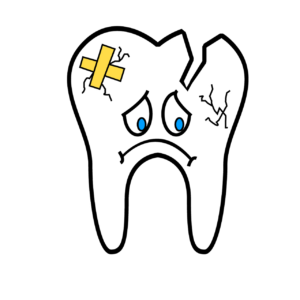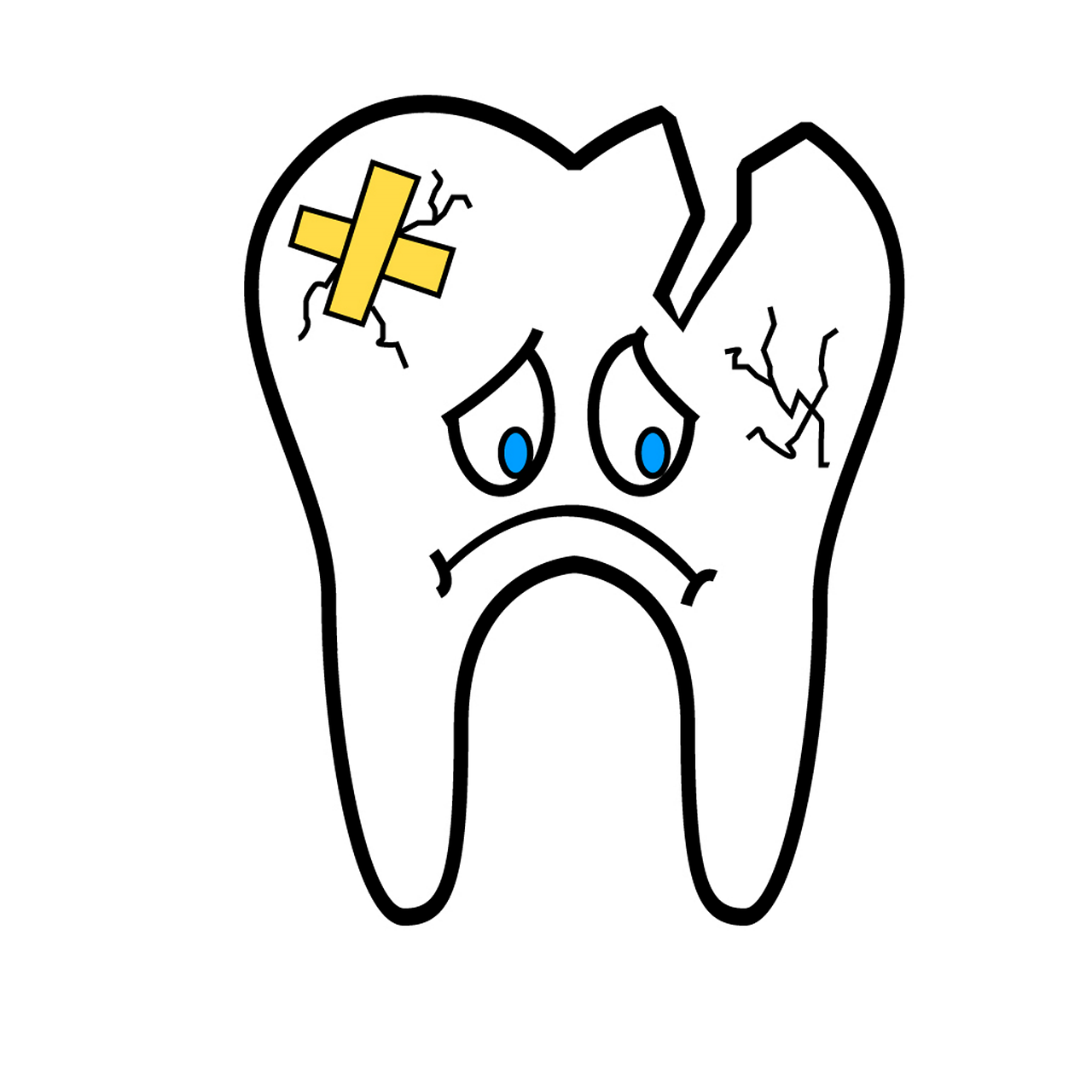How Mental Trauma About Dental Visit Affects the Health of Teeth
 Trauma about dental visits is a common condition, ranging from a simple preference to avoid the dentist to a full-out phobia that has a significant impact on the patient’s well-being. For instance, people with dental anxiety are more likely to have missing teeth and untreated tooth decay. These people also have a decreased quality of life, directly caused by poor oral health.
Trauma about dental visits is a common condition, ranging from a simple preference to avoid the dentist to a full-out phobia that has a significant impact on the patient’s well-being. For instance, people with dental anxiety are more likely to have missing teeth and untreated tooth decay. These people also have a decreased quality of life, directly caused by poor oral health.
To determine the impact of dental anxiety on an individual’s long-term oral health, research where researchers examined data surveys to determine the common health problems exhibited by people suffering from dental phobias. The results showed that participants with dental phobia are more likely to have cavities and at least one missing tooth compared to those who did not have any trauma.
Research shows that there are higher rates of missing teeth and tooth decay because people with dental phobias do not regularly see a dentist to treat chronic and preventable oral diseases. After they make a visit, the patient might also choose a long-term solution instead of undergoing a long-term treatment option for their oral problem like tooth extraction.
The study also showed how dental trauma impacts a person’s quality of life and psychological, social, physiological, and emotional well-being. Examined patients also showed higher levels of impact in these areas, even when their dental diseases were controlled successfully. Other research showed individuals with dental phobia express negative feelings. Embarrassment from their poor teeth prevents them from smiling.
A significant difference was noted in the number of males versus females identified to be suffering from dental trauma. The reasons are not clear, but researchers speculate that men are more reluctant in discussing extreme fears. Also, biological factors like high levels of cortical arousal, which leads to increased awareness and vigilance to fear stimuli, can also be a factor.
Overall, the study findings have further implications for preventive oral care among patients suffering from dental trauma. Giving these patients a detailed oral hygiene program at home can lower the number of those suffering from higher rates and dental decay and oral disease. Steps are currently underway to create a program to help individuals suffering from dental phobia.
If you suffer from mental trauma from dental visits, look for a compassionate and gentle dentist to work with you to help ease your feelings of discomfort and stress while you are in the clinic. They can walk you through every treatment procedure beforehand or offer sedation options to help you look for a way to provide you with the care that you need in an environment that is relaxing and comfortable.





 |
|